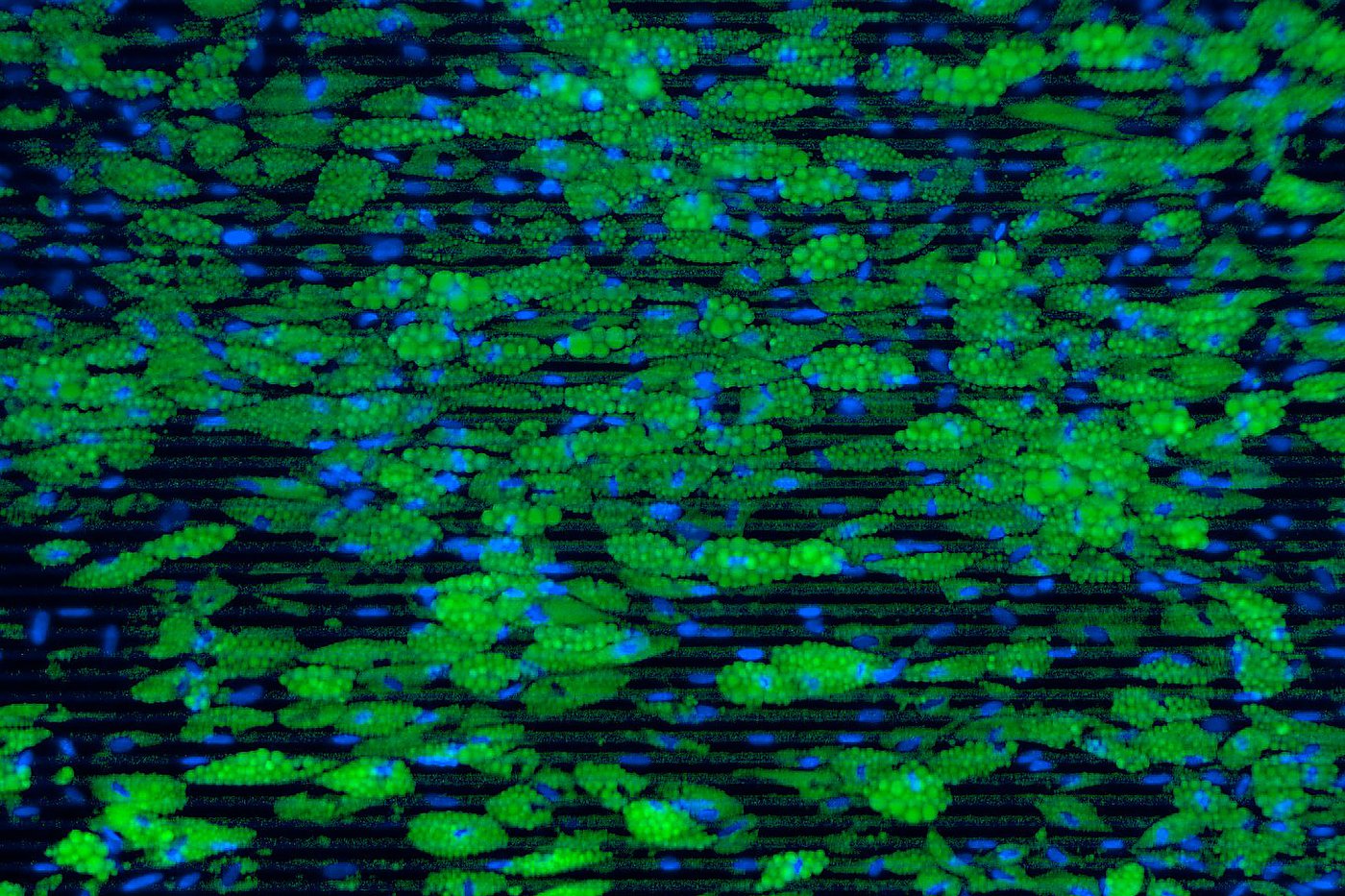
Colony of human induced pluripotent stem cells - Expression of pluripotency markers at the cell surface (red) and in the nucleus (green, additionally stained with DAPI, blue) [Copyright: Institute for Biomedical Engineering – Cell Biology, UK Aachen]
The Stem Cell Network North Rhine-Westphalia is a non-profit association founded by 19 scientific institutions in NRW in September 2018. Prior to this, the network had already existed for 16 years under the German name “Kompetenznetzwerk Stammzellforschung NRW”, always supported by the Ministry of Science (currently the Ministry of Culture and Science) of the State of NRW.
The association has three bodies (General Assembly, Board of Representatives, and Executive Board), as well as advisory bodies (Board of Trustees and Advisory Board), and an office.
The General Assembly consists of at least one representative of each member. The network currently has 23 members (legal entities), for whom the legal representative (rector or medical director) or a representative appointed by the rector or medical director participates in the meeting of the General Assembly.
According to the statutes of the Stem Cell Network NRW, various tasks of the General Assembly were transferred to the Board of Representatives. In contrast to the General Assembly, it does not consist of legal entities, but of natural persons. The General Assembly elects the Board of Representatives. It also determines how many people it should consist of; the number of persons is currently 23 which have 27 votes:
Institute for Stem Cell Research and Regenerative Medicine
Heinrich Heine University Düsseldorf
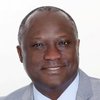
Department of Molecular and Cellular Sport Medicine
German Sport University Cologne
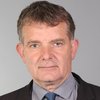
Chairman
Institute of Reconstructive Neurobiology
University Hospital of Bonn
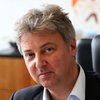
Spokesperson of the Board of Representatives (ELSA)
Institute of Philosophy
Heinrich Heine University Düsseldorf
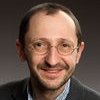
Institute of Immunology
Witten/Herdecke University
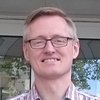
Department of Philosophy
University of Bielefeld
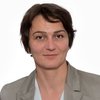
Faculty of Biology and Biotechnology
Ruhr University Bochum

Group of Sphere Models and Risk Assessment
Leibniz Research Institute for Environmental Medicine

Institute of Human Genetics
Heinrich Heine University Düsseldorf

Department of Gynecology and Obstetrics
University Hospital Münster
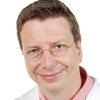
Institute for Transfusion Medicine
University Hospital Essen

Automation in Life Sciences
Fraunhofer Institute for Production Technology IPT
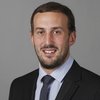
Department Hamm 2
Hamm-Lippstadt University of Applied Sciences
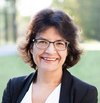
Department of Neurology
University Hospital of Cologne
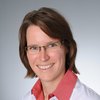
Faculty of Catholic Theology
University of Bonn
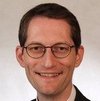
Department Cell and Developmental Biology
Max Planck Society for the Advancement of Science e.V.
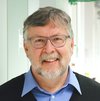
Molecular Dynamics of Cell Fate Decisions
Max Planck Institute of molecular Physiology
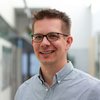
Biochemistry and Molecular Medicine
University of Bielefeld
Department of Natural Sciences
Bonn-Rhine-Sieg University of Applied Sciences
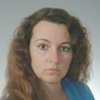
Spokesperson of the Board of Representatives (Biomedicine)
Institute for Cell Biology
RWTH Aachen University Medical School
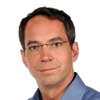
Fakulty for Chemistry and Chemical Biology
TU Dortmund University
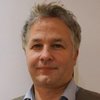
Institute of Political Science
University of Muenster

Institute for Biomedical Engineering, Cell Biology
RWTH Aachen University
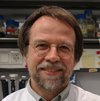
The Executive Board conducts the business of the association, including its judicial and extrajudicial representation. It consists of eight members. The Board of Representatives elects the Executive Board, which consists of the two spokespersons of the Board of Representatives, one member each from the fields of ethical legal and social aspects (ELSA) and biomedicine, as well as four other persons from other fields.
Spokesperson of the Board of Representatives (ELSA)
Institute of Philosophy
Heinrich Heine University Düsseldorf

Department of Philosophy
University of Bielefeld

Department of Natural Sciences
Bonn-Rhine-Sieg University of Applied Sciences

Spokesperson of the Board of Representatives (Biomedicine)
Institute for Cell Biology
RWTH Aachen University Medical School

Department of Cell and Tissue Dynamics
Max Planck Institute for Biology of Ageing
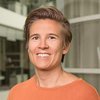
Institute of Political Science
University of Muenster

The Board of Trustees consists of five members and advises the General Assembly and the other bodies of the association within the scope of their respective responsibilities. It consists of a representative of the State of North Rhine-Westphalia and one representative each in the fields of (i) biomedicine, (ii) ELSA, (iii) industrial applications, and (iv) public research funding.
Representative ELSA
Heinrich Heine University Düsseldorf
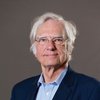
Representative Industrial Applications
Miltenyi Biotec GmbH
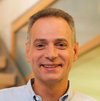
Representative Biomedicine
TU Dresden
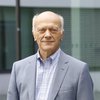
Chair
Representative Project Management Agency
Project Management Organisation Jülich
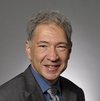
Representative of the State of North Rhine-Westphalia
Ministry of Culture and Science of the State of North Rhine-Westphalia

The Advisory Board consists of personalities from public life, who can make contributions due to their own expertise and references to the topic. The members of the Advisory Board are representatives from the fields of science and clinic, politics, regulation and law, religion and belief, patient representatives, and industry.
Representative Science and Clinic
University Hospital Tübingen

Representative Politics
Federal Ministry of Education and Research
![[Translate to En:]](/fileadmin/_processed_/6/3/csm_2020-01-05_Messling-web_6b0edaf442.jpg)
Representative Patients' Interests
Representative of the state government for people with disabilities and patients in North Rhine-Westphalia
![[Translate to En:]](/fileadmin/_processed_/9/e/csm_2021-02-10-Middendorf-web_2d3891d942.jpg)
Representative Industry
Qiagen
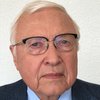
Chairperson of the Advisory Board
Representative Industry
AiCuris GmbH & Co. KG

©Picture People
Representative Regulation & Law
University of Mannheim
![[Translate to En:]](/fileadmin/_processed_/b/4/csm_2021-02-17-Taupitz_8f8b9719cf.jpg)
Representative Science and Clinic
German Cancer Research Center
![[Translate to En:]](/fileadmin/_processed_/9/2/csm_2021-02-10--Andreas-Trumpp--web_74c83e9184.jpg)
The ELSA working group (ethical, legal, and social aspects) is composed of experts from philosophy, theology, law, and social sciences. It addresses matters such as the legal framework of stem cell research or the ethical and social scientific assessment of new stem cell-related scientific findings and methods.
Spokesperson of the Board of Representatives (ELSA)
Institute of Philosophy
Heinrich Heine University Düsseldorf

Department of Philosophy
University of Bielefeld

Fliedner Fachhochschule Düsseldorf

Department of the History, Philosophy and Ethics of Medicine
Heinrich-Heine-University Düsseldorf
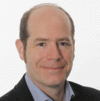
Institute of Science and Ethics (IWE)
University of Bonn

Centre for the Law of Life Sciences
University of Bonn
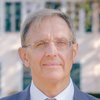
Faculty of Protestant Theology
University of Bonn
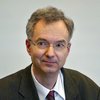
Department of Communication
University of Muenster

Faculty of Catholic Theology
University of Bonn

Institute of Political Science
University of Muenster

Centre for the Law of Life Sciences
University of Bonn

Institute for Medical Ethics, History and Philosophy of Medicine
University of Muenster
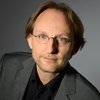
Institute of Political Science
University of Muenster

Institute of Political Science
University of Muenster

Center for Life Ethics
University of Bonn

©Reiner Zensen
The office supports the bodies of the association in implementing the stated goals and putting in place the proposed measures. The team consists of the managing director, a science manager, an event management and communications officer, and a finance and procurement officer.